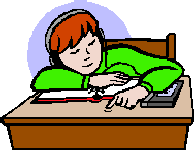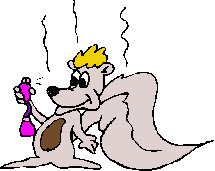
The following senses list poem talks about how the use of rhythm and rhyme can be important in poetry. It includes a small amount of alliteration and assonance, as well as some personification and metaphors.
Yes, my poem’s just begun Write your own and have some fun…..
|
If you’d like to learn how to include rhyme and rhythm in your poetry, you might be surprised to know that it isn’t just something that comes naturally and you’ve either got it or you haven’t! There are lots of really basic techniques that you can grasp which will help you to make your rhythm poetry sound better, and which will help you to understand about rhyme patterns, so click on whichever you would like to learn about, or click here to go to the page “Making Sense of Rhyme and Rhythm” to go through it all!
I even offer tips on editing your poetry, which is something that the very best poets take very seriously.
A poem isn’t automatically perfect the instant it’s written. It goes through a process of improvement as the poet thinks about whether another word might be more effective, or whether the rhythm doesn’t feel quite right, or a line should be lengthened, shortened, or a rhyme changed, or even whether it would be better to leave a part of the poem out. This process gets easier and quicker as the techniques become more natural, just like walking and talking at the same time isn’t difficult when you’ve developed the skill! In the meantime, just click on whichever part interests you and, I promise, it is something you can have fun learning and practising.


![clapping[1]_thumb[1] clapping[1]_thumb[1]](http://angelaspoems.com/wp-content/uploads/2012/06/clapping1_thumb1_thumb.gif)


Comments on this entry are closed.